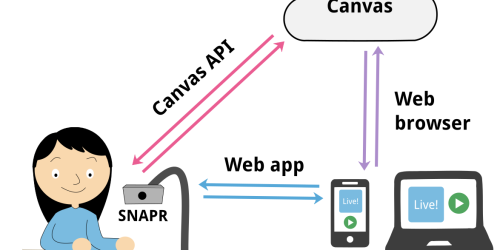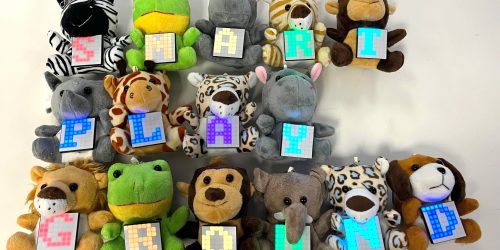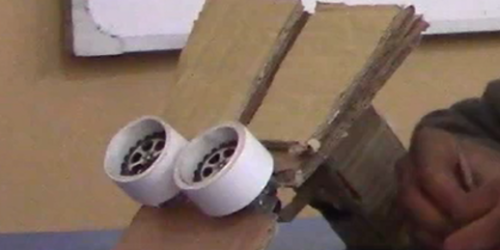Artificial intelligence (AI) is a wide-ranging branch of computer science concerned with building smart machines capable of performing tasks that typically require human intelligence. It is rapidly changing our civilization and will be a critical tool in the majority of future work and careers. Therefore, it is increasingly important to introduce basic AI concepts to students to build familiarity with AI technologies they will interact with and help them be competitive in the future workforce. Reinforcement learning (RL) is one of the main topics in AI which focuses on how machines could learn from interacting with the environment. Just like humans can learn to improve their cooking skills both from the good and bad meals they make, machines also could learn from the positive and negative signals they receive from the environment. Currently, K-12 schools around the country are starting to bring AI into the curriculum, but there are many challenges and limitations as AI is a new discipline for teachers and parents as well as students. Furthermore, AI instruction is primarily virtual using online tools. RL is an important method in AI and the nature of RL is intuitive but very few of current K-12 AI activities involve it. Thus, a pilot study by Tufts Center for Engineering Education and Outreach (CEEO) graduate student Ziyi Zhang was designed to explore how to lower the barrier of entry of teaching and learning AI and RL. The study will look at how difficult it is for high school students to learn general AI and specific RL concepts, and how to bridge the existing online platforms and physical robots to provide students a more interactive and engaging learning experience.
In December 2020, Ziyi Zhang and fellow graduate student Sara Willner-Giwerc collaborated to run three one-hour remote robotics sessions with high school students in Malden. The goal of these sessions was to introduce basic Artificial Intelligence (AI), especially reinforcement learning concepts to the students.

CEEO graduate students Ziyi Zhang (top center) and Sara Willner-Giwerc in remote workshop with high school students from Malden, MA
The first two sessions were designed around a LEGO SPIKE Prime robot, using an innovative instruction format designed by Sara called “Placemats” as support materials for students to get started with the challenges. In the first session, students were asked to build a robotic car, and then come up with a model that could connect the running time and moving distance of the robot in a mathematical way. After they built the model, they had to program their car to get as close as possible without running over a LEGO mini-figure placed anywhere between 5 inches and 25 inches away from their cars. In the second session, students started with a similar challenge but then trained the model with a RL method. They had to program their robotic cars to randomly choose an initial running time, then modified it based on the difference between actual stop position and desired position for several trials until the robot accurately stopped at the given distance. The goal of this session was to introduce basic RL concepts to the students and provide them a hands-on experience of programming a simple RL method. In the final session, students went through one-dimensional and two-dimensional treasure hunting challenges in a web platform designed to teach RL concepts, RL training process, and the impact of human inputs in RL.

One of the placemats we used to help students get started with reinforcement learning (RL)
Students in this pilot study demonstrated satisfactory learning outcomes on the AI concepts introduced. Also, they were highly engaged while playing with the educational robots and exploring the activities. They also showed interest and excitement about both AI and RL. The pilot study proved that with appropriately designed sessions, general AI or even more specific AI concepts were not challenging for high school students to understand, and educational robots could be a powerful tool to introduce AI to K-12 students. Based on this study, the researchers believe that AI could be learned by younger children and will look at this in the future.



